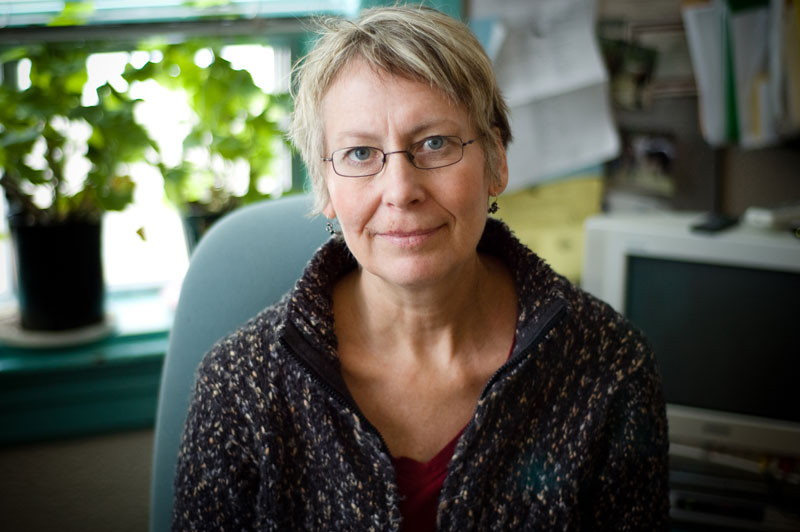Marrying a stranger
Arranged marriages fuelled by tradition, family duty
Morad Nakhleh’s parents had a rough start when they were wed through an arranged marriage in the West Bank, their place of origin.
“He didn’t like her at first. He wanted to run away to Beirut,” Nakhleh recalled of her father.
Despite this, the Nakhlehs have been married for 42 years. They immigrated to Canada in 1973.
Nakhleh followed in their footsteps and wed through an arranged marriage. His mother helped him find his bride-to-be.
Nakhleh recalls the awkward feeling he experienced when sitting alone with his future wife while their relatives were signing the marriage documents. They did not speak for 45 minutes.
“I was marrying a stranger. What do you say? ‘Congratulations?’” Nakhleh said.
Nakhleh has now been happily married for nine years and has three children.
“In an arranged marriage, the two people have been brought up with the same values,” he said.
Arranged marriages rarely strike a cord with Canadians, said Linda Cantelon, director of therapy at the Aurora Family Therapy Centre.
“The North American society has different cultural ways of looking at love.”
“Arranged marriages are more about duty and commitment. Love grows out of that,” Cantelon said.
“I don’t think people know much about it at all,” Christine Machiraju of the Hindu Society of Manitoba said about arranged marriages.
She said most people are shocked to find out the parents pick the mate.
“ The North American society has different cultural ways of looking at love.
Linda Cantelon, director of therapy at the Aurora Family Therapy Centre
“It involves a lot of trust in your parents,” Machiraju said.
According to Machiraju, a lot has changed over the last 50 years.
“Back then, you wouldn’t even see the person you would marry. Now you’ll meet and even date beforehand,” she said.
Michael Wahn, a sociology professor with the University of Winnipeg, said free choice does not prevent people from making bad choices.
“With an arranged marriage, there is a fair amount of weeding out,” Wahn said.
Machiraju said Canadian men tend to marry women from abroad rather than the other way around.
“Women here have more social freedom and are not as modest,” she said, adding women might also feel men from abroad are a bit more rigid.
Wahn said that a couple of studies have shown a culture clash when women bring their husbands to Canada.
“They have been prone to lots of conflict,” he said. “The traditional culture is male-dominated, while the Canadian culture supports a more egalitarian approach.”
Sarah (not real name) figured her parents knew what they were doing when they arranged a marriage for her with a Pakistani man five years ago.
She first met him when he arrived a week before the wedding.
“It was a bit overwhelming,” Sarah said.
Sarah said that most Pakistani women do all the housework.
“He even suggested at some point I quit school,” Sarah said, who is taking political studies and wants a career.
“He kind of expected me to do everything for him,” Sarah said. “I’m not gonna be no one’s damn housewife!”
“I guess he just didn’t like being here anymore and a lot of family issues on his side of his family… and he just left,” Sarah said.
Sarah, a Muslim who was born in Canada to a Pakistani father and a mother from Guyana, said she is much happier now—as are her parents, who support her career goals.
Yet Sarah said her dad still wants her to marry a Muslim Pakistani.
“Realistically, that’s not going to happen,” she said.
Despite his experience, Nakhleh said not all arranged marriages work.
“It’s about getting the right person,” he said.
His brother’s arranged marriage only lasted one year.
“They just didn’t get along,” he said.
Published in Volume 63, Number 21 of The Uniter (February 26, 2009)







